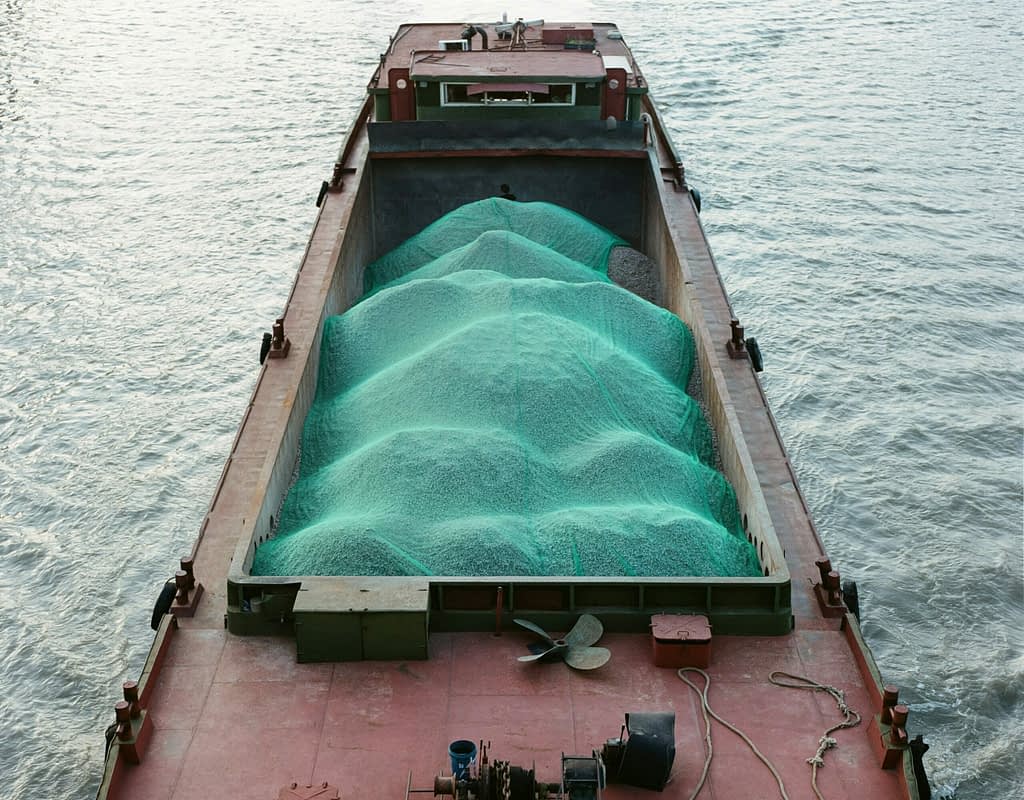Trump’s recent declaration builds upon the administration’s earlier plans regarding critical minerals, as presented by Interior Secretary Doug Burgum. While previous strategies primarily focused on domestic mining and investments in American companies, the new executive order expands these efforts to include deep-sea mining from the ocean floor.
Key Points of the Executive Order
- Trump signed a comprehensive executive order to accelerate controversial deep-sea mining
- The goal is to obtain strategically important minerals such as nickel, copper, and rare earth elements from the seabed in both American and international waters
- The order is explicitly aimed at “countering China’s growing influence over seabed mineral resources”
- The administration seeks to expedite mining permits under the Deep Seabed Hard Minerals Act of 1980
- The order calls for establishing a process for issuing permits along the US outer continental shelf and expedited review of mining applications “in areas beyond national jurisdiction”
What is Deep-Sea Mining?
Deep-sea mining involves using heavy machinery to extract minerals and metals from the seabed, where they accumulate into potato-sized nodules. These minerals have wide-ranging applications, including electric vehicle batteries, wind turbines, and solar panels.
Proponents argue that deep-sea mining could be a highly lucrative industry that ultimately reduces dependence on large land-based mining operations. Scientists warn, however, that the full environmental impacts of deep-sea mining are difficult to predict. Environmental campaign groups claim this practice cannot be conducted sustainably and will lead to ecosystem destruction and species extinction.
Criticism and Geopolitical Implications
- Greenpeace USA condemned the administration’s attempt to launch a “destructive industry” in the Pacific high seas by bypassing the UN process
- Analysts from Eurasia Group warn that “this alignment of the private sector with the US administration could escalate global geopolitical tensions over critical minerals and control of international waters”
- US rejection of UN processes will likely lead to unexpected country alliances in opposition
- More than 40 countries, including China, Russia, and Britain, have criticized actions taken by the US and Canadian-based deep-sea mining exploration firm The Metals Company
- Norway, which previously considered seabed mining within its national waters, has now joined China, India, and Poland in opposing US actions
Connection to Previous Plans for Reducing Dependence on China
This latest move follows earlier statements by Interior Secretary Doug Burgum, according to which the Trump administration was considering investments in companies mining and processing critical minerals. The aim was to end US dependence on imports from China, which according to Burgum deliberately floods international markets with minerals, causing price collapses.
While the previous strategy focused on three key tools—creating reserves, sovereign risk insurance, and capital investments in mining companies—the new executive order adds a fourth dimension: deep-sea mining from the seabed in international waters.




